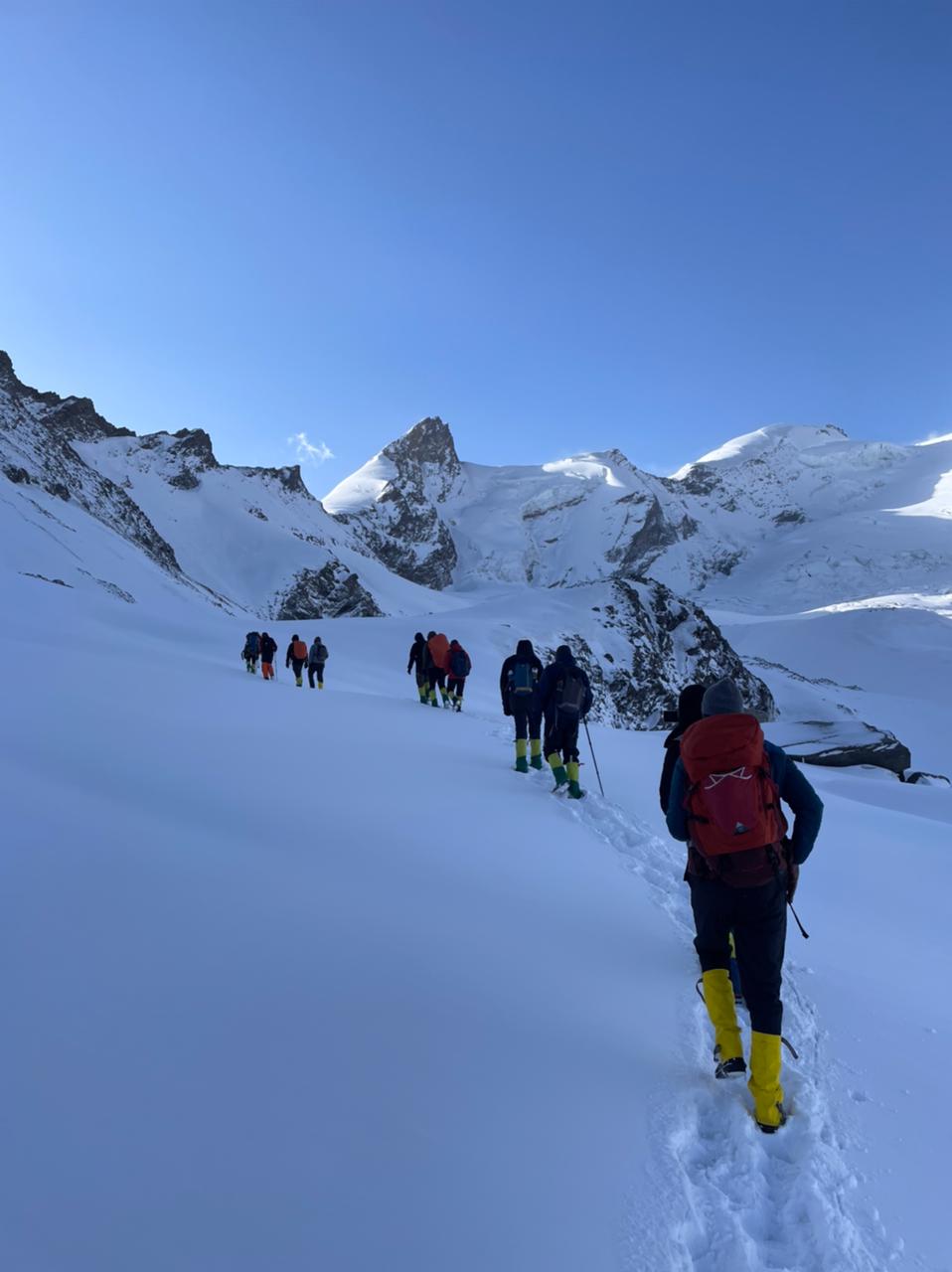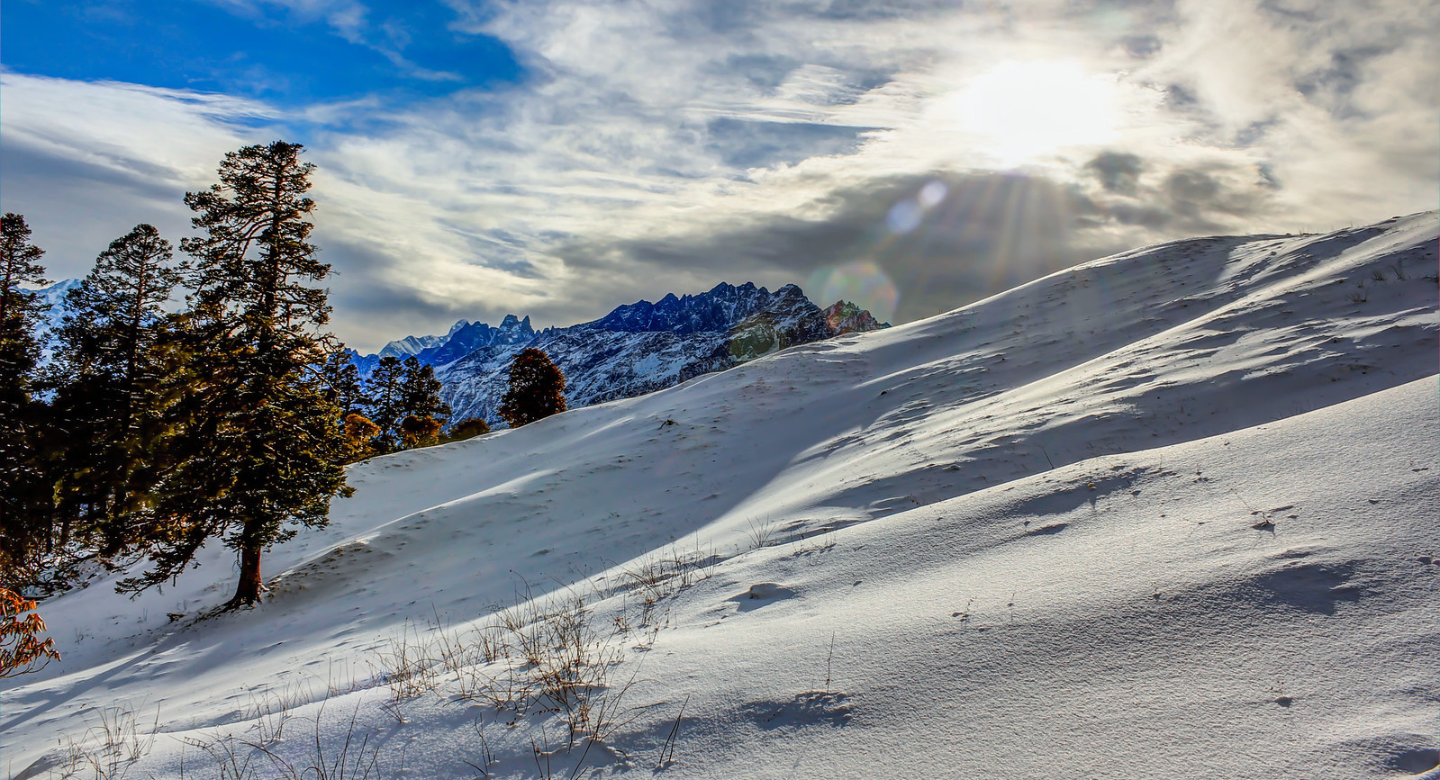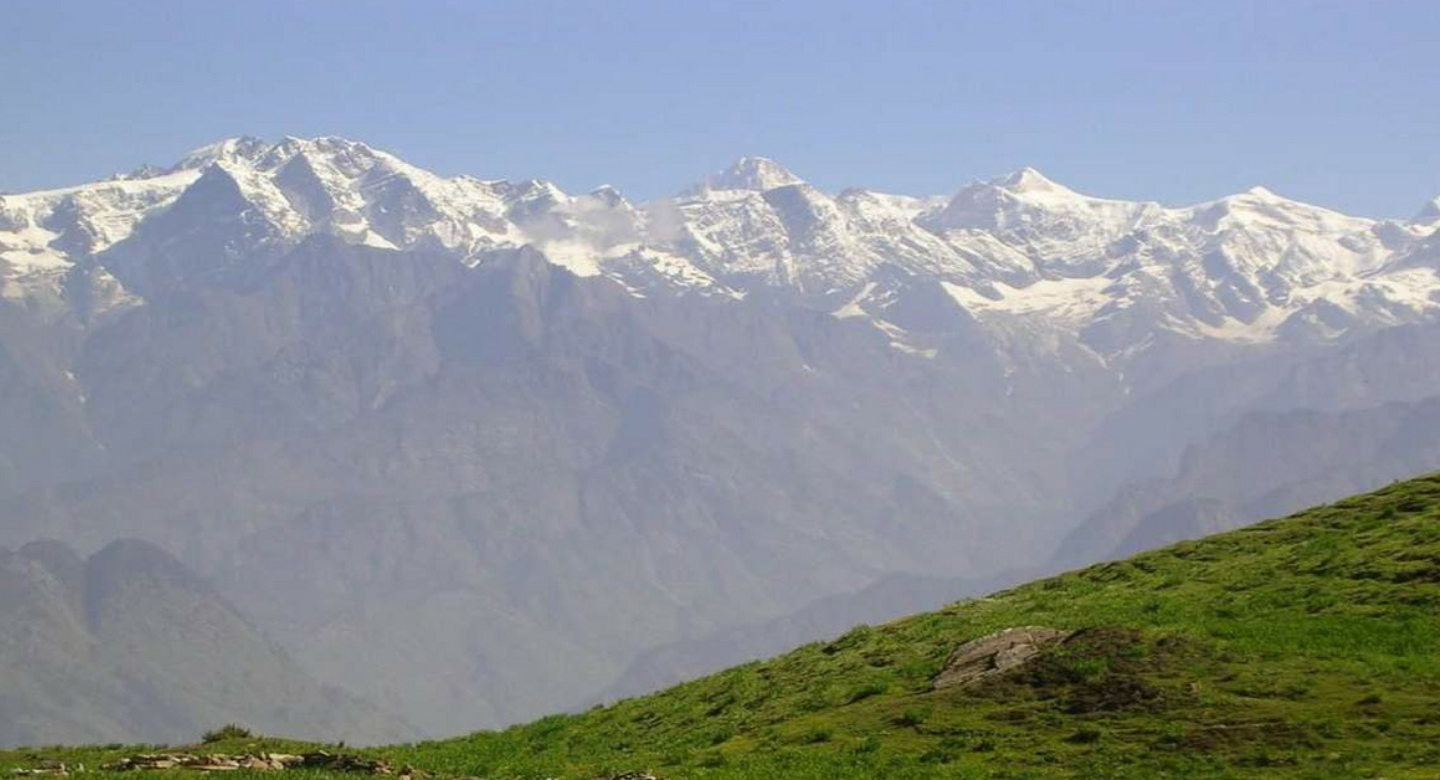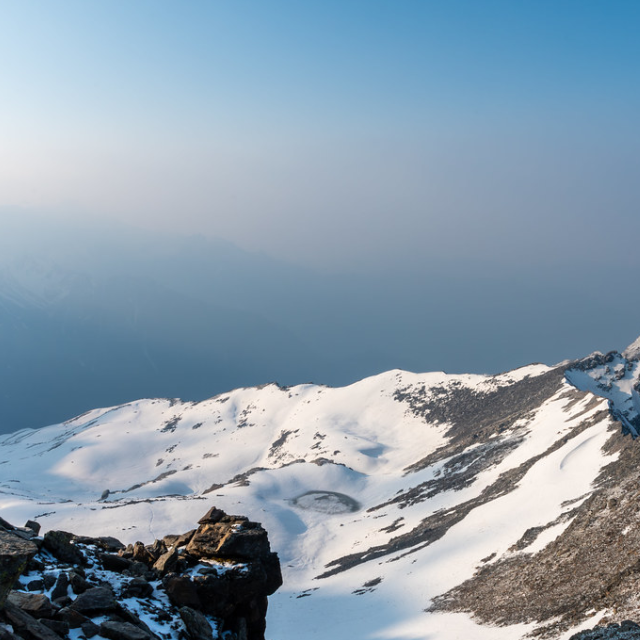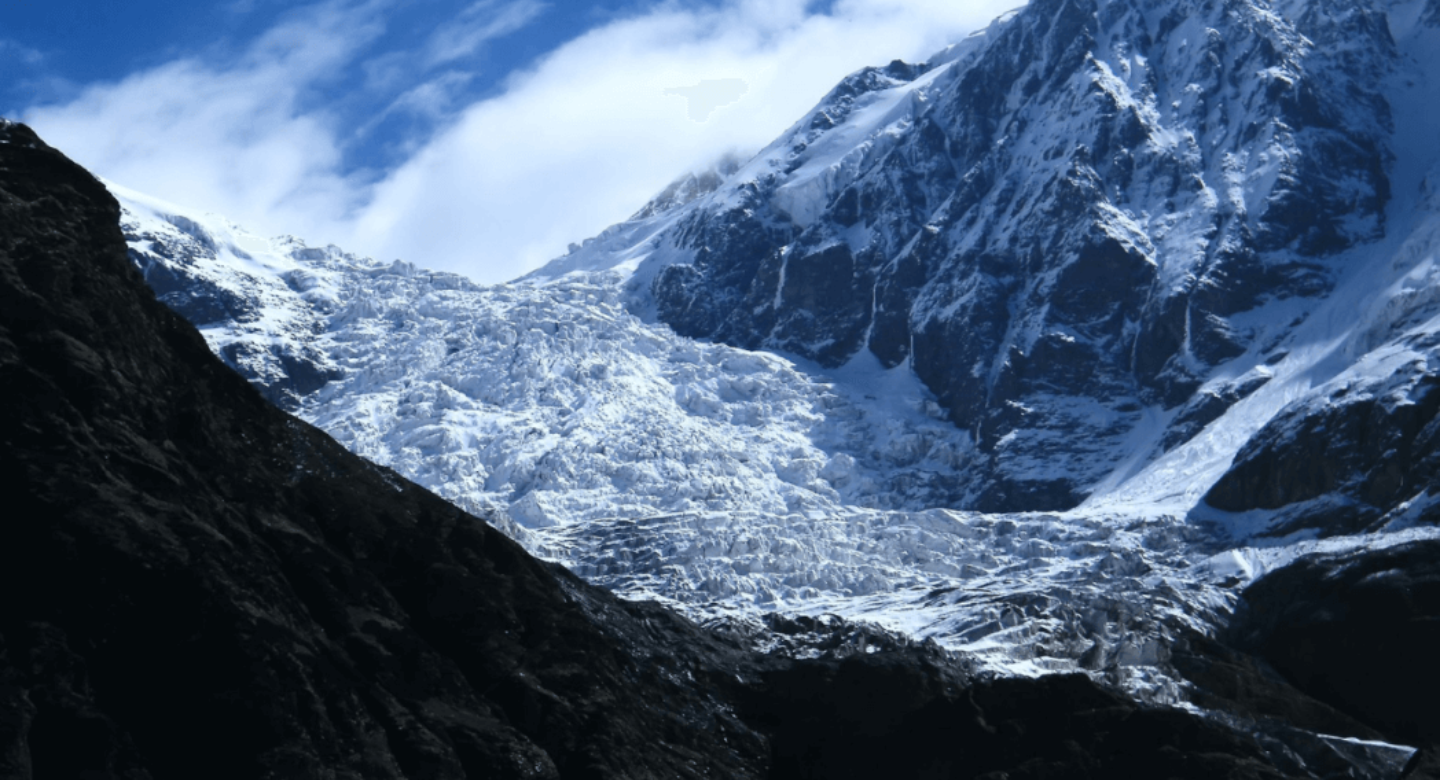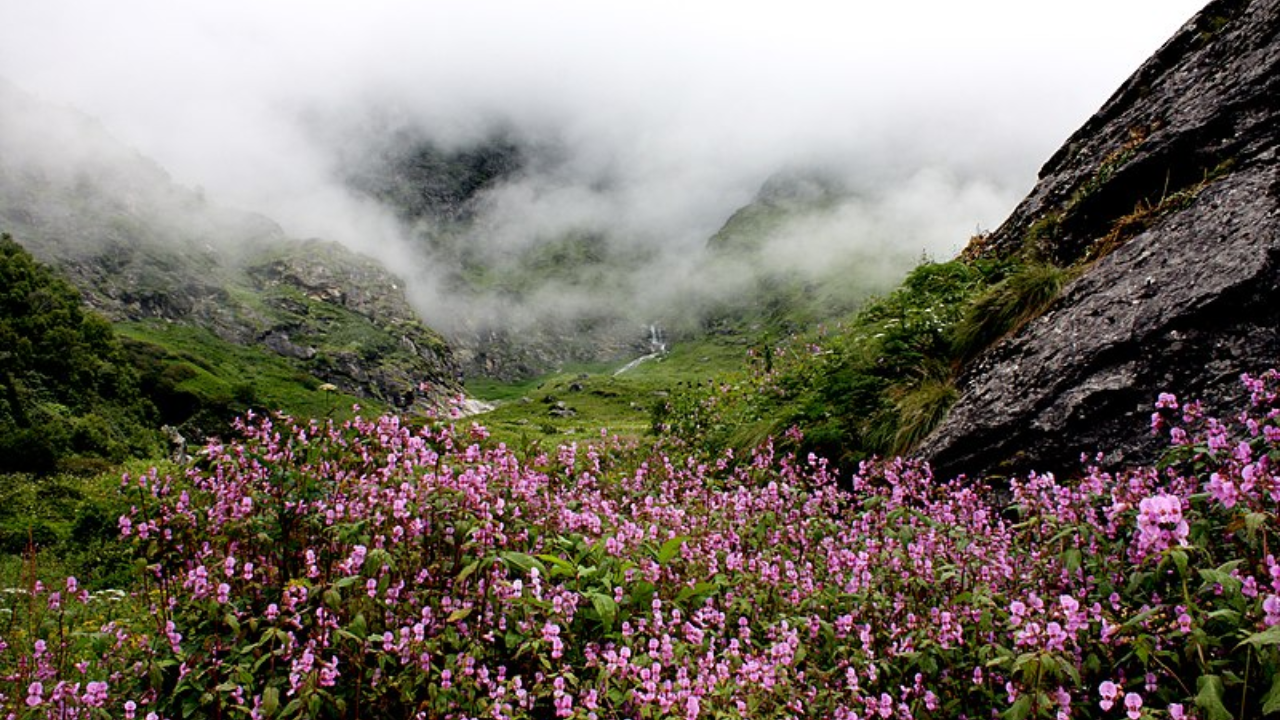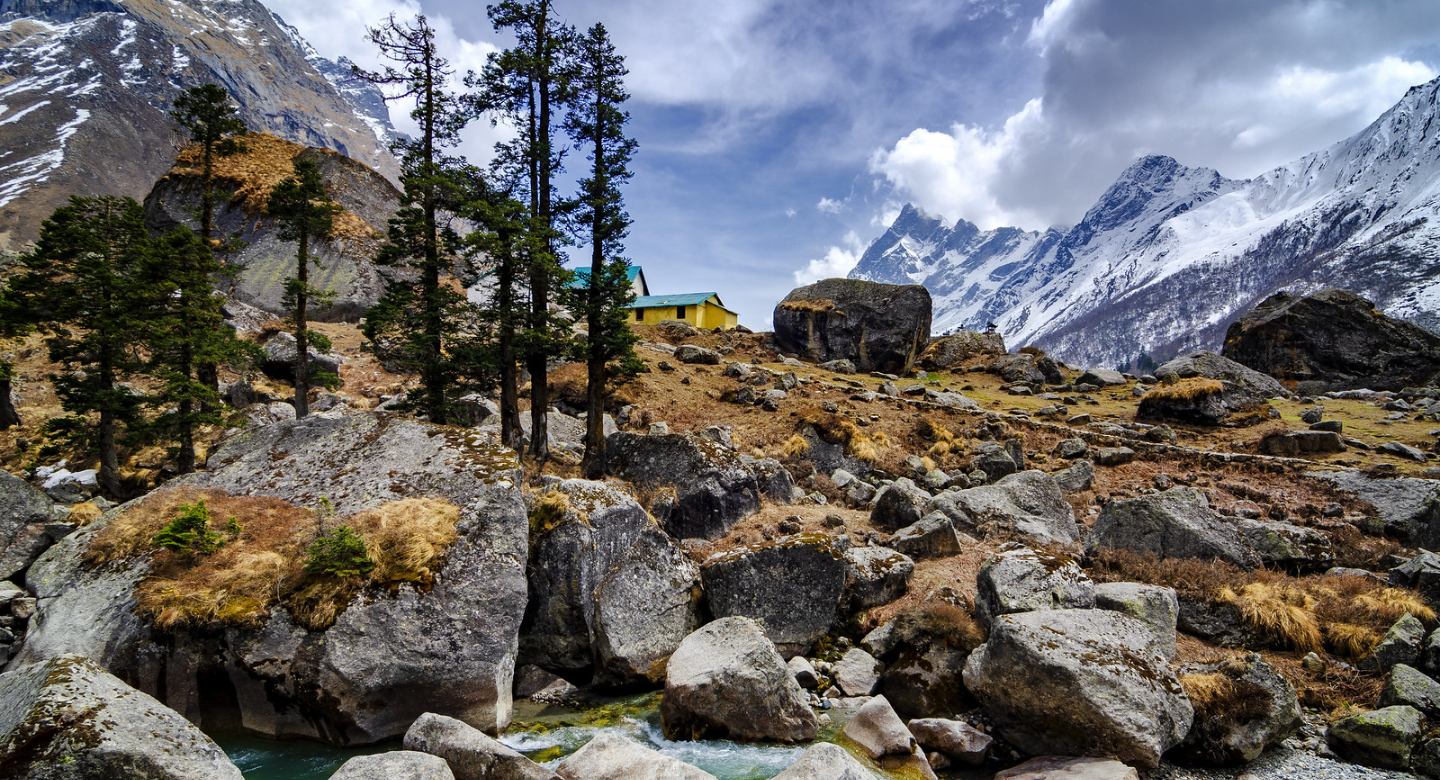
Kuari Pass Trek
6 Days
27 Km
12,750 Ft
12+
Easy - Moderate
The Kuari Pass Trek is a captivating journey through the Garhwal Himalayas, offering panoramic views of towering peaks such as Nanda Devi, Dronagiri, and Chaukhamba. This trek perfectly blends mesmerizing snow-covered landscapes, serene oak and rhododendron forests, and expansive alpine meadows. Suitable for seasoned trekkers and beginners, it offers a tranquil yet adventurous experience, especially in winter when the trail is covered in snow, revealing the Himalayas' raw, untouched beauty.
Why This Trek?
- Unrivaled Views: Witness the awe-inspiring sight of India’s highest peaks, including Nanda Devi and Dronagiri, from the top of Kuari Pass.
- Varied Landscapes: Trek through enchanting oak and rhododendron forests, and cross vast alpine meadows like Gorson Bugyal.
- Perfect for Beginners: This moderate trek offers a great introduction to high-altitude trekking without being too strenuous.
- Winter Wonderland: Experience the magic of trekking in snow-covered forests and meadows, creating a picturesque Himalayan winter landscape.
- Historic Trail: Follow the legendary Lord Curzon Trail, steeped in history, and enjoy an iconic trekking route that has inspired adventurers for generations.
Included/Excluded
Select Dates
{{type.name}}
{{type.display_price}} per person
Guests
Extra prices:
- {{total_price_html}}
- {{pay_now_price_html}}
Guest in maximum
BOOK NOW Book NowBook With Confidence
Itinerary for
Kuari Pass Trek
Day 01
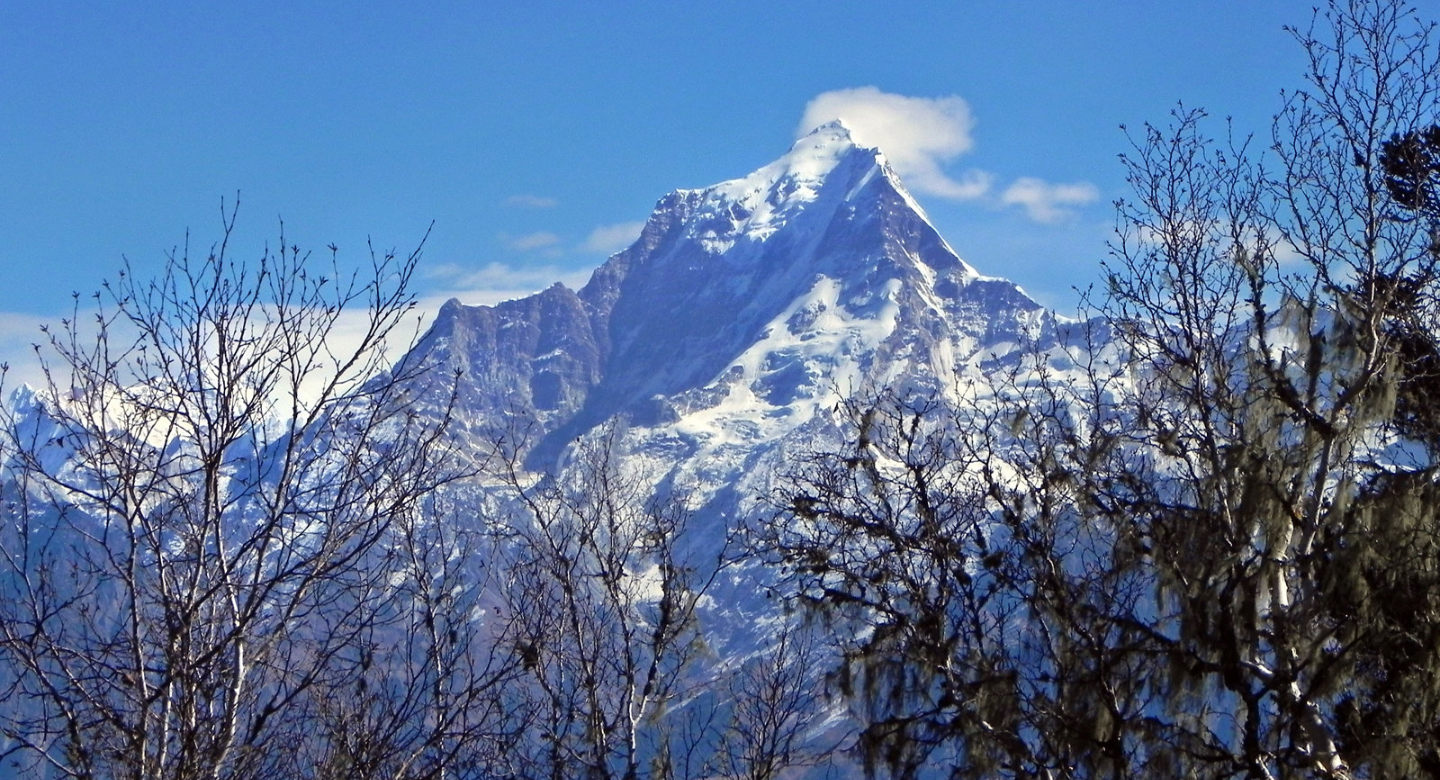
Day 2:
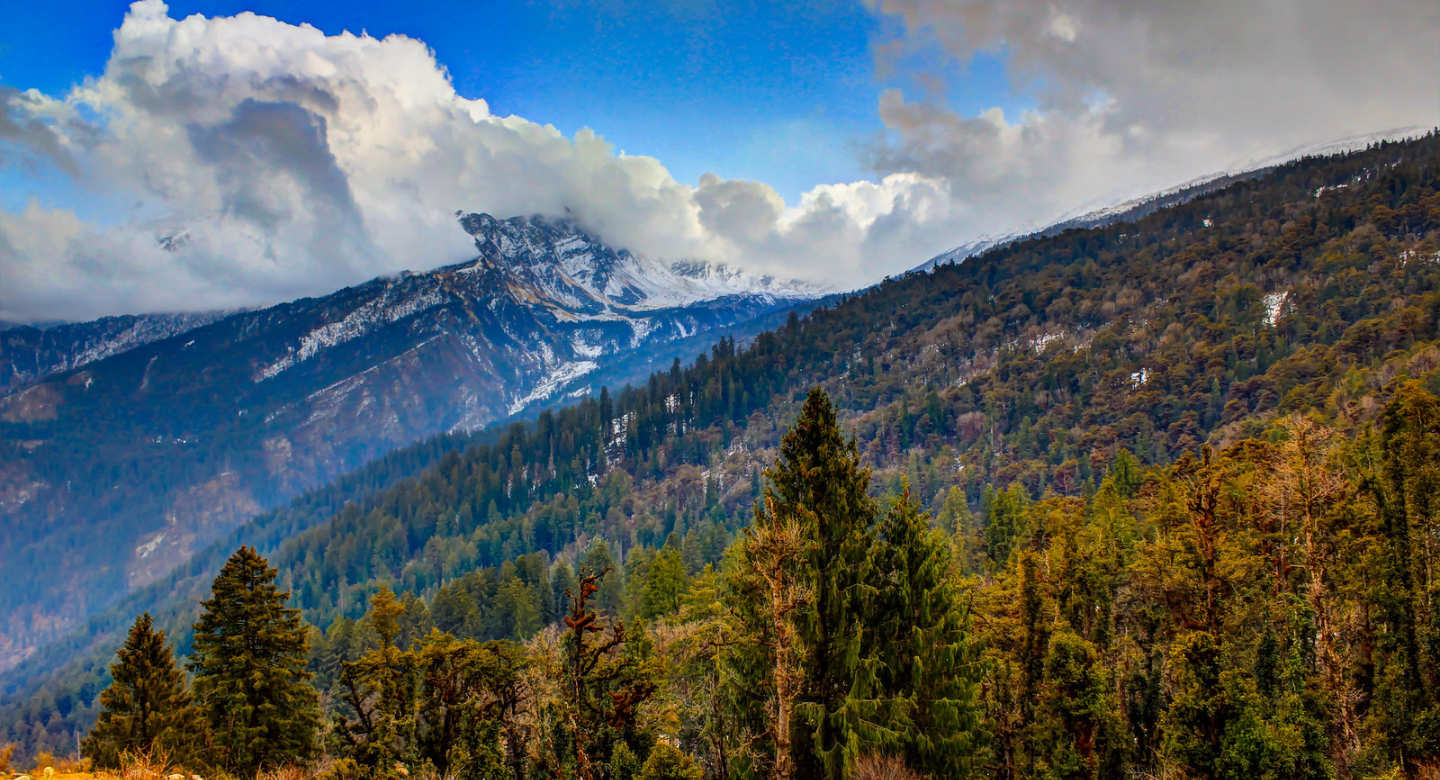
Day 03
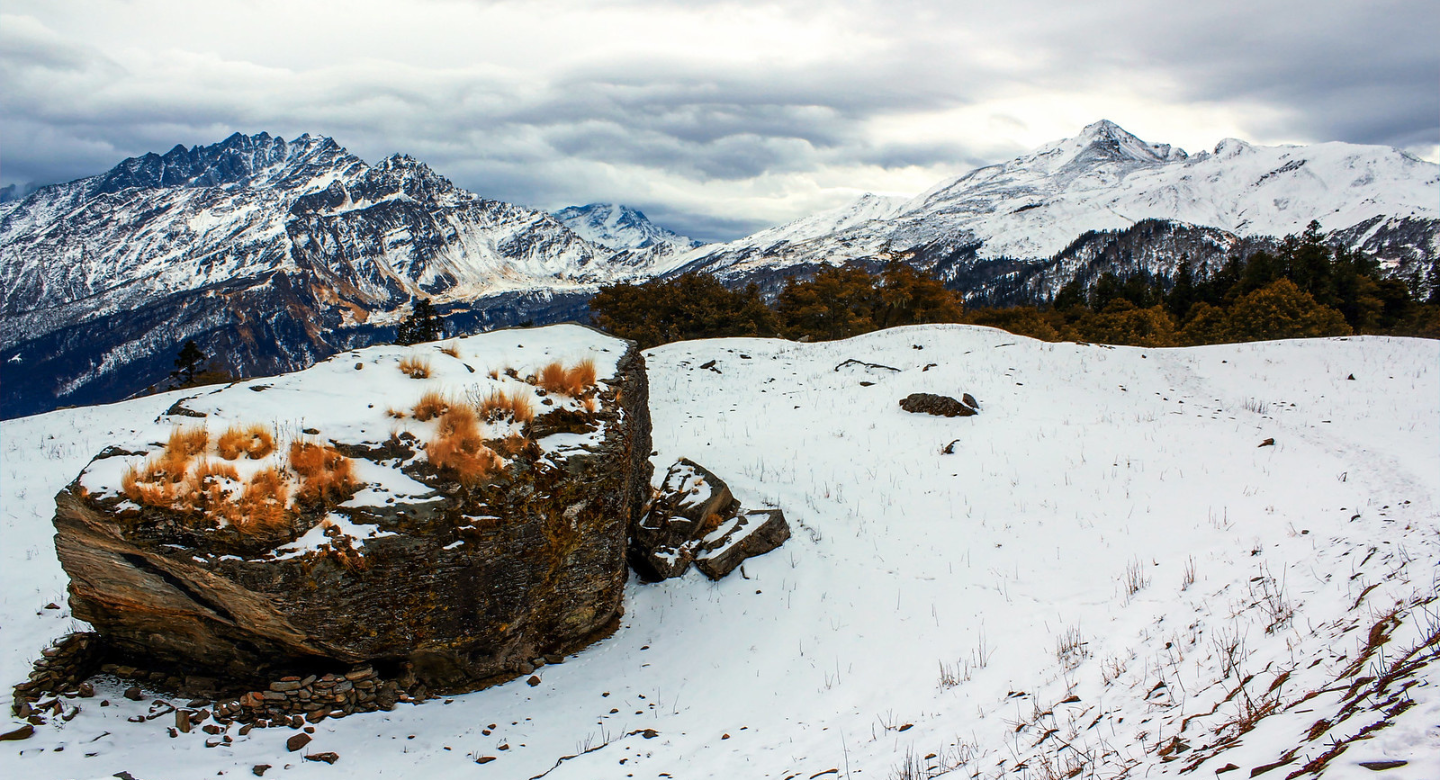
Day 4:
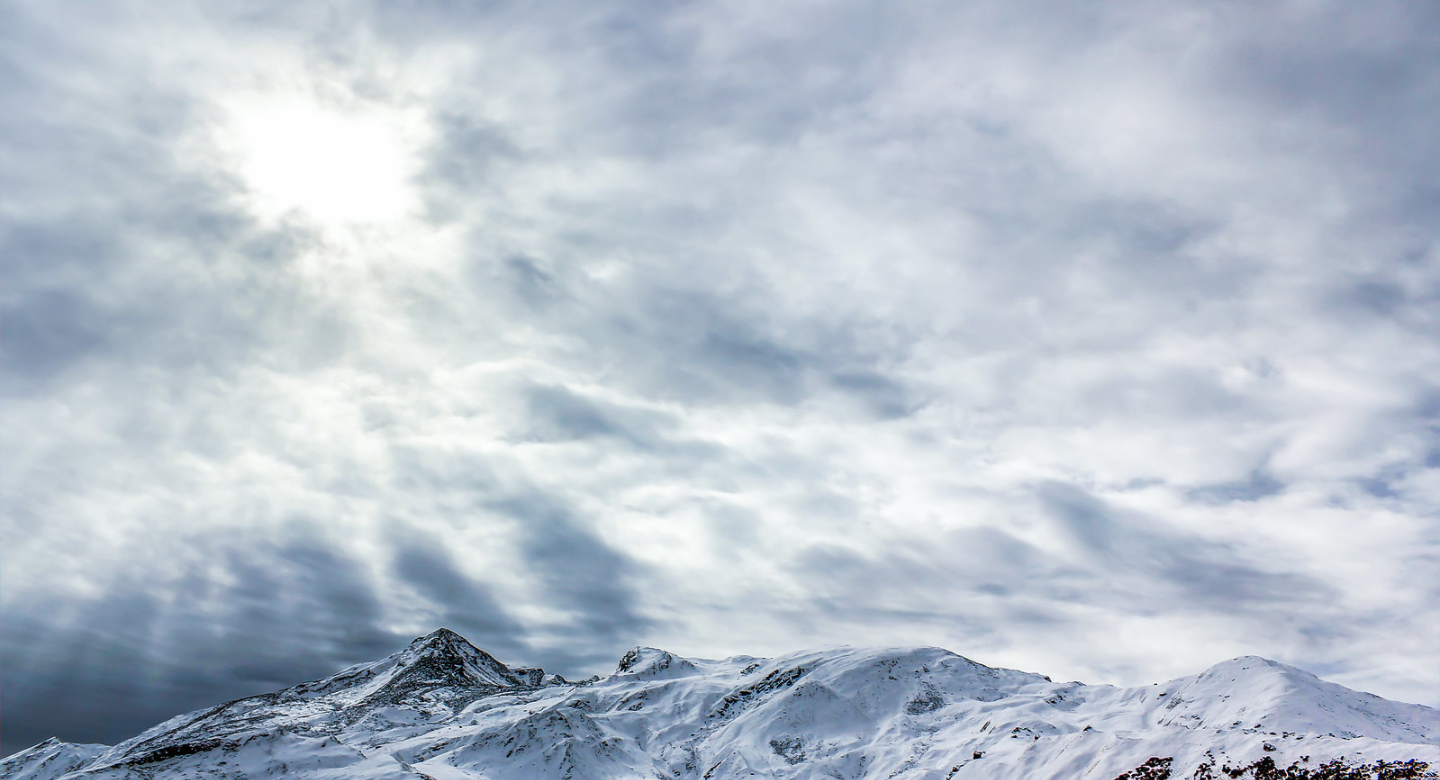
Day 5:
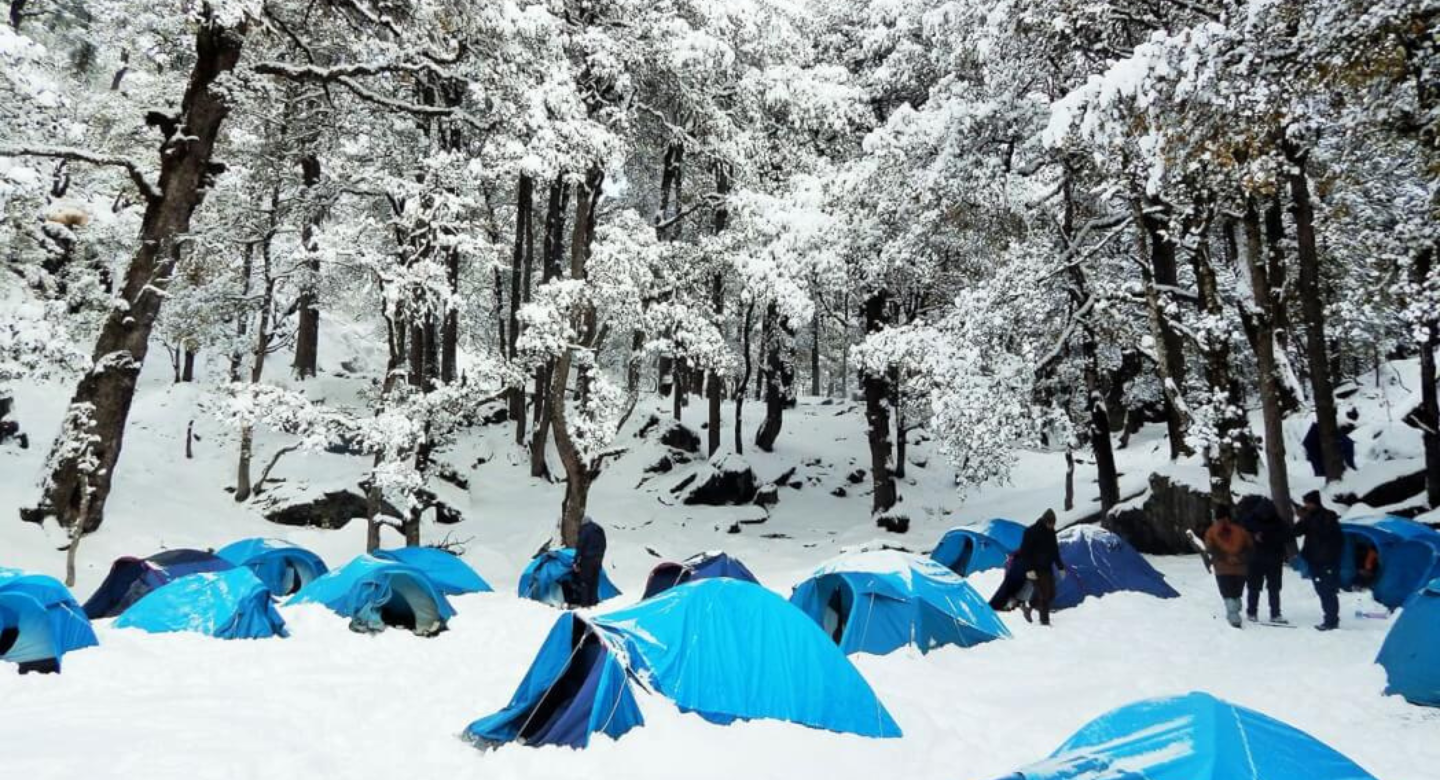
Day 06
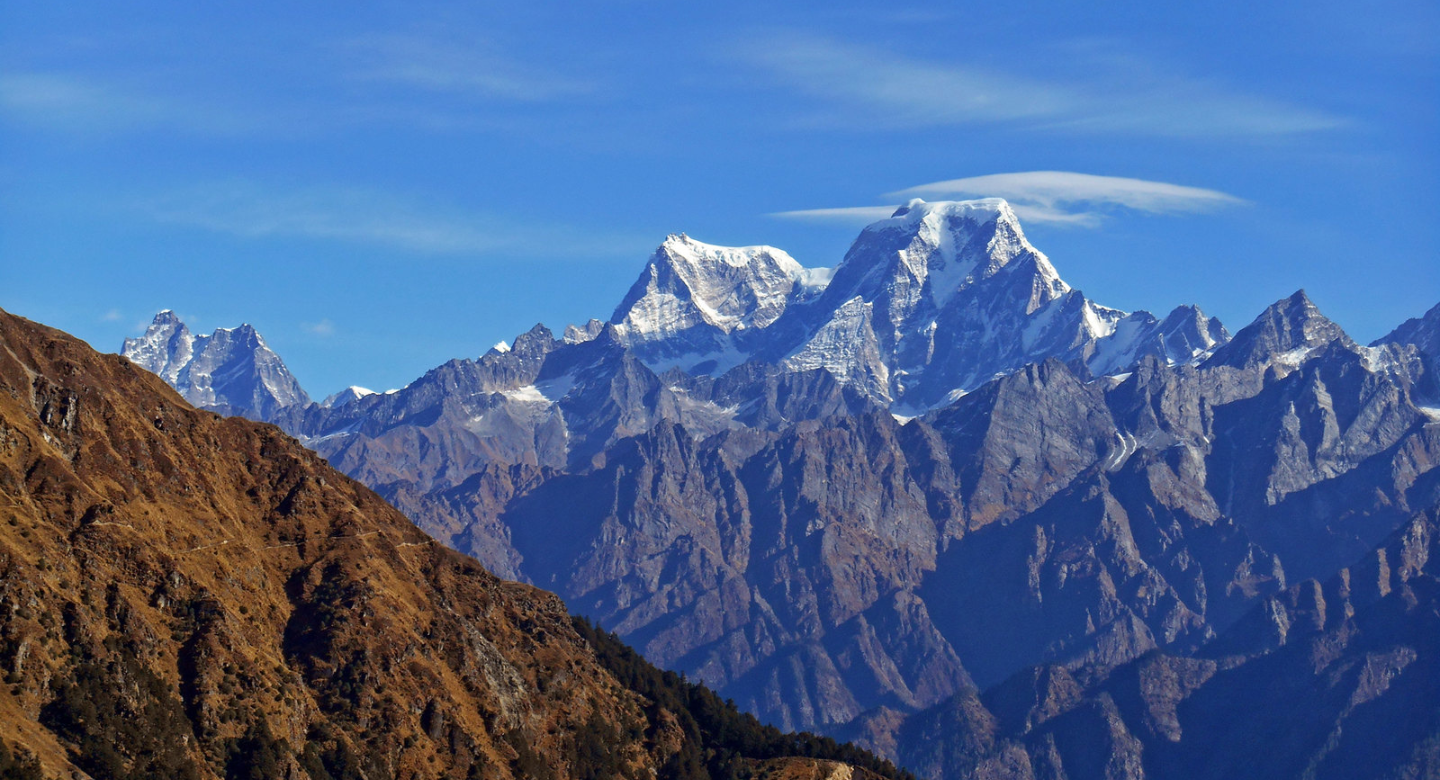
Complete Kuari Pass Trek Information
The best time to embark on this trek is between March to June and September to November. During these months, the weather is pleasant, with clear skies and moderate temperatures, ideal for trekking. Spring offers vibrant landscapes with blooming flowers, while the post-monsoon season offers lush greenery and stunning mountain views. Winter months bring snow, making the trek more challenging but visually rewarding.
Rishikesh is well-connected to major cities in India by road, rail, and air.
-
By Road:
Rishikesh is easily accessible by bus or taxi from nearby cities like Dehradun, Haridwar, and Delhi. Regular buses run from Delhi's ISBT Kashmiri Gate, covering the 240 km distance in about 5-6 hours.
-
By Train:
The nearest railway station is Haridwar Junction, located 25 km away. From Haridwar, you can take a taxi or a local bus to reach Rishikesh.
-
By Air:
The nearest airport is Jolly Grant Airport in Dehradun, about 20 km from Rishikesh. From the airport, you can hire a taxi to reach Rishikesh in approximately 40 minutes.
Pack smart, trek safe!
Ensure you're prepared for every adventure with this essential checklist of gear and supplies. Whether you're a beginner or a seasoned trekker, the right equipment makes all the difference. Download checklist's pdf here
Basic Gear
| Backpack with Rain Cover | (40 - 50 ltr) Comfortable Shoulder Straps |
| Day pack with Rain Cover | 20 - 30 ltr (If off-load opted) |
| Walking stick | Advisable (At least one) |
| Water Bottle / Hydration pack | 2 Bottles(1 liter each), Hydration Pack 1 (Pack) + Bottle |
| Small size tiffin/lunch box | 1 Nos |
| Snacks | Energy bars, dry fruits, electral/ors |
| Personal Medical Kit | Consult your doctor |
Clothing
| T-Shirt (Synthetic quick dry) | 1 Full & 1 Half sleeves |
| Fleece T-shirt | 1 Nos |
| Wind stopper / Fleece jacket | 1 Nos |
| Windproof Jacket | 1 Nos |
| Down feather / Hollow jacket | 1 Nos |
| Thermal inner (Upper and Lower) | 1 Nos |
| Trek Pant (Synthetic quick dry) | 1 Nos |
| Wind stopper / Fleece Pant | Not required |
| Waterproof gloves | Not required |
| Fleece / woollen gloves | 1 Pair |
| Poncho / waterproof Jacket and pant | 1 Nos |
Head Gears
| Head torch | 1 Nos. (Avoid Hand torch) |
| Sun cap | 1 Nos. (One that covers the neck as well) |
| Woolen cap | 1 Nos. |
| Balaclava | Not required |
| Buff / Neck-gaiters | 1 Nos |
| Sunglasses | UV with dark side cover, People who wear spectacles - (A)- Use contact lenses | (B)- Photo chromatic glasses |
Foot Gears
| Trekking shoes | 1 Pair (Waterproof, high ankle with good grip) |
| Floaters / flip-flops | 1 Pair |
| Cotton socks | 6 pairs |
| Woollen socks | 1 pairs |
| Gaiters | 1 Pair (TTH provides when required) |
| Micro spikes | 1 Pair (TTH provides when required) |
Personal Utilities
| Sunscreen cream | 1 Nos |
| Moisturiser | 1 Nos |
| Chap-stick / Lip balm | 1 Nos |
| Toothbrush and toothpaste | 1 Nos |
| Toilet paper & Wipes | 1 Nos |
| Soap / hand sanitizers | 1 Nos |
| Antibacterial powder | 1 Nos |
| Quick dry towel | 1 Nos |
ATM Availability: The last ATM is available in Rishikesh before you begin your trek. Ensure to withdraw sufficient cash, as there is no ATM at the base camp of Kuari Pass Trek.
Mobile Connectivity: You will not get a good network signal until Joshimath. On the trek, mobile signals may be intermittent, with some coverage on the first and last days of the trek. At the base camp, you can get Jio and BSNL network coverage, but only if the weather conditions are favorable.
Electricity and Charging: There is no reliable electricity at the base camp, and power from your devices will drain quickly due to the cold temperatures. Keep your batteries warm by storing them in a small pouch inside your sleeping bag at night to prevent them from draining too fast.
Cash: Carry enough cash when you leave Rishikesh or your base city. Since there is no ATM at the base camp, having enough money for transportation, gear deposits, and personal expenses along the route is essential.
Weather: Expect cold conditions, especially at higher altitudes. Temperatures can drop below 0°C at night, so warm clothing and proper gear are essential to staying comfortable during the trek.
At Scoutripper, we understand that plans can change. You can reschedule your booking up to 24 hours before your experience begins. Changes are subject to availability and any applicable price adjustments. Rest easy knowing your adventure is flexible!
At Scoutripper, we value flexibility but also adhere to clear cancellation guidelines:
- Full Refund: Cancel at least 6 full days before the experience starts.
- 50% Refund: Cancel between 2 and 6 full days before the start time.
- No Refund: Cancellations made less than 2 full days before the experience start time will not be refunded.
Additionally:
- Changes are not accepted less than 2 full days before the experience begins.
- Cut-off times are based on the local time of the experience.
- Some experiences require a minimum number of participants. If the minimum isn’t met, you’ll receive a full refund or the option to reschedule.
Enjoy peace of mind with our clear and transparent policies!
FAQs about
Kuari Pass Trek
The Kuari Pass Trek is considered a moderate-level trek. It involves a mix of gradual ascents and descents, making it suitable for both beginners and experienced trekkers
The best time to trek Kuari Pass is from March to June and September to November. These months offer pleasant weather, clear skies, and stunning views of the surrounding mountains.
The highest point on the Kuari Pass Trek is 12,598 feet at Kuari Top, where trekkers can enjoy panoramic views of the Himalayas.
Trekkers will stay in tents at various campsites along the route. The campsites are equipped with basic facilities like sleeping bags and mats.
While prior trekking experience is not mandatory, a basic level of fitness and stamina is recommended due to the moderate difficulty and long trekking hours involved.
Essentials include warm clothing, trekking shoes, a backpack, personal toiletries, and a first aid kit. It is also important to carry sunscreen, sunglasses, and a water bottle.
The recommended age for the trek is between 12 to 55 years. However, it is advisable to consult a doctor if you have any health conditions before participating.
The trek offers stunning views of Himalayan peaks like Nanda Devi, Dronagiri, and Chaukhamba, passes through oak and rhododendron forests, and offers a chance to walk on Lord Curzon’s trail.
Yes, it is safe but more challenging due to snow-covered trails. Winter treks (December-February) require proper gear, warm clothing, and trekking with experienced guides.


